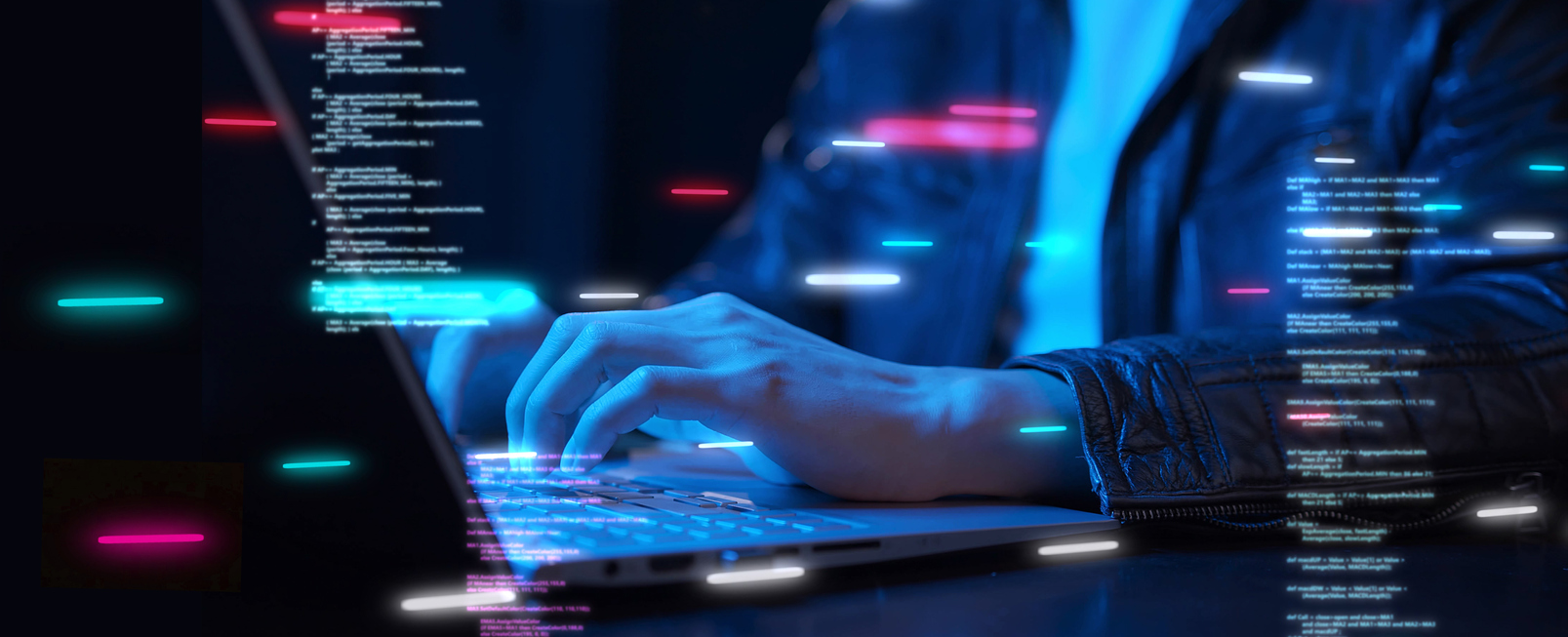The main reason [for introducing the feature] is to make collusion harder in online games. Giving players less 'dead time’ with their cards exposed makes collusion more difficult and less effective.
GGPoker announced that it is testing a new feature designed to make it more difficult to cheat — three months after a cybersecurity expert and frequent player on the online poker platform alerted the operator of several vulnerabilities, especially in the area of hole-card data.
In a recent informational post, GG said it has started testing a new feature it has dubbed “No Turn, No Show” (NTNS). With the feature enacted, hole cards are not revealed to a player after they are dealt — a player will only be shown the hole cards once it is their turn to act.
“The main reason [for introducing the feature] is to make collusion harder in online games,” GG said in the post dated April 28. “Giving players less 'dead time’ with their cards exposed makes collusion more difficult and less effective.
“In our tests, it did not delay the game, with players still taking the same amount of time to make preflop decisions.” GG added that it expects the feature will “make games safer and to bring an element of live poker into the online world.”
GGPoker said there was no option for players to deactivate the feature. The operator added that it was being tested “in one game type, with a view to wider implementation.”
Although GG did not identify the game type where NTNS was being tested, a post on the official subreddit for GGPoker stated that it was active in mid-stakes 5-Card PLO games on April 28.
The reaction on the subreddit pages was mixed. While one user called NTNS a “nice feature,” another indicated its introduction was long overdue.
“It’s a start, the collusion and bots on your server is out of control, especially midstakes PLO,” the user Late-Ad-5891 said in a separate post on April 28. GG promptly contacted the user to ask if they had seen any suspicious activity in online play.
GG’s testing of NTNS comes three months after it issued a patch to its platform, where it applied SSL to all of its communications protocols. That’s according to Eddie Harari, a cybersecurity expert and player longtime player on the GGNetwork.
Harari told Cardplayer Lifestyle in a feature story from January 25 that he found hole-card data was unencrypted on the GGNetwork.
“The fact that there is no encryption on the game channel allows anyone on a player’s network and any uplink provider to have the capability of viewing the player cards in real-time or to manipulate the game flow for a specific player he is able to monitor,” Harari told the media outlet.
“By not encrypting the communications between the client and the game server, there are several different scenarios where the online poker game could be manipulated remotely.”
According to Harari, GG decided against applying SSL to its communications protocols because it would impact players with a poor internet connection.
While acknowledging that “vulnerabilities are present,” GG said an attacker would likely not profit from attempting to hack hole-card data because that person “would need to have access to the specific Wi-Fi network (or local network) and knowledge of the players who are playing on that specific Wi-Fi network (or local network) in order to profit from the manipulation.”
GG has long held a hardline stance on protecting gaming integrity and bans players who run afoul of its Security & Ecology Policy. Critics counter that the operator’s rules are too broad and give GG too much latitude in banning players, stoking fears that it could unfairly ban winning players.
The operator has been receptive to such criticism. It invited banned players to apply for reinstatement during a two-week period that began in August 2020. GG launched a Poker Integrity Council two years later to handle new requests for reinstatement.




